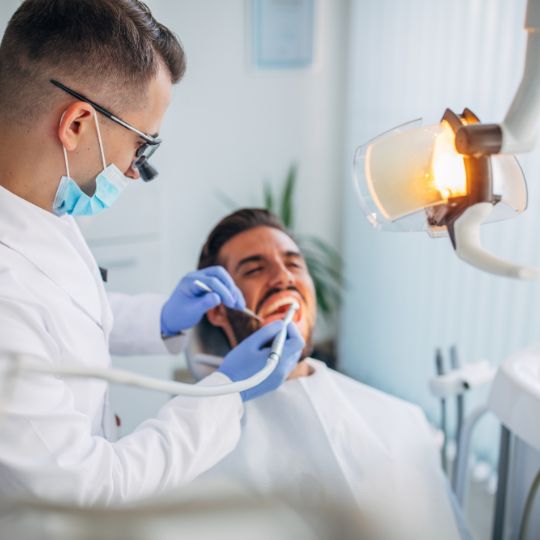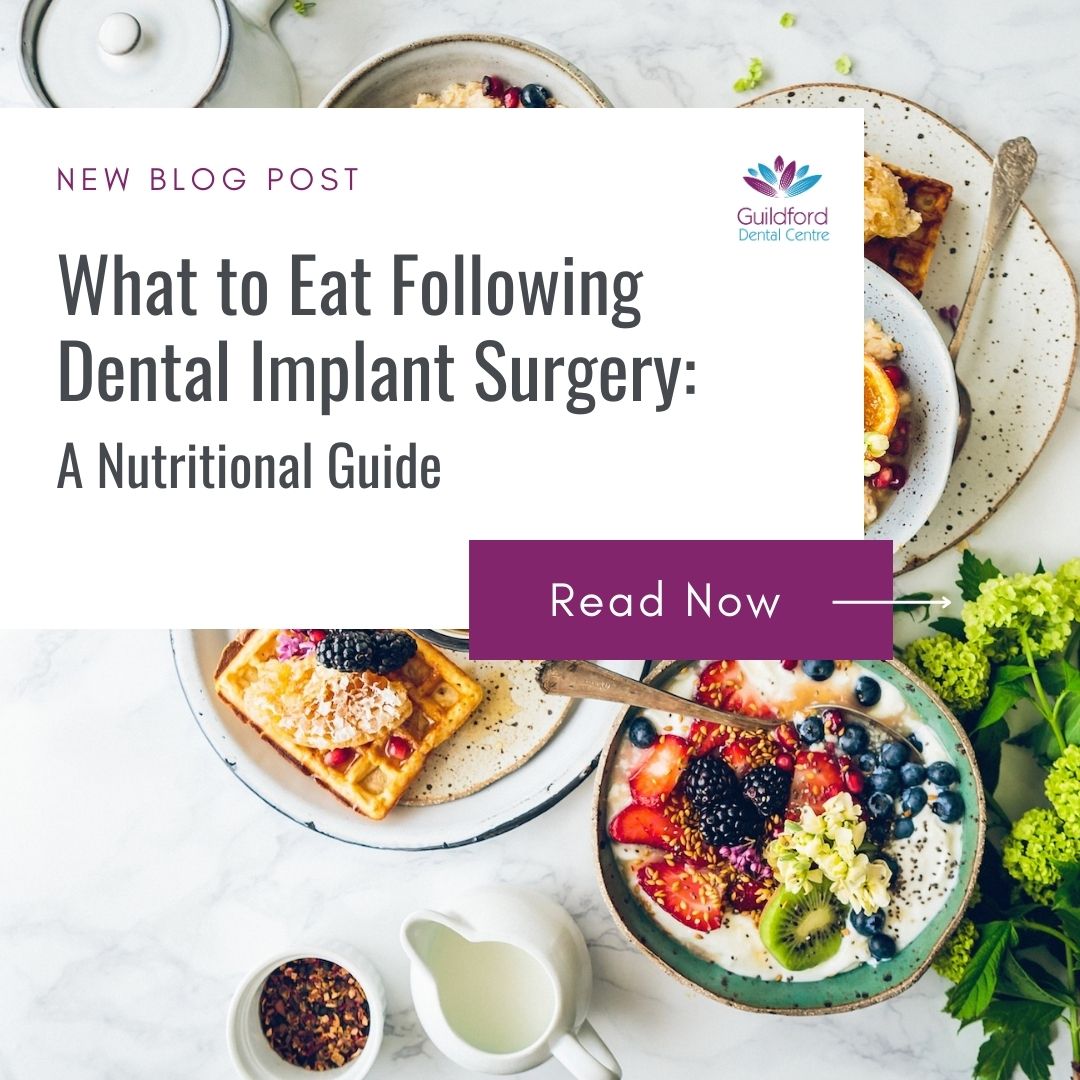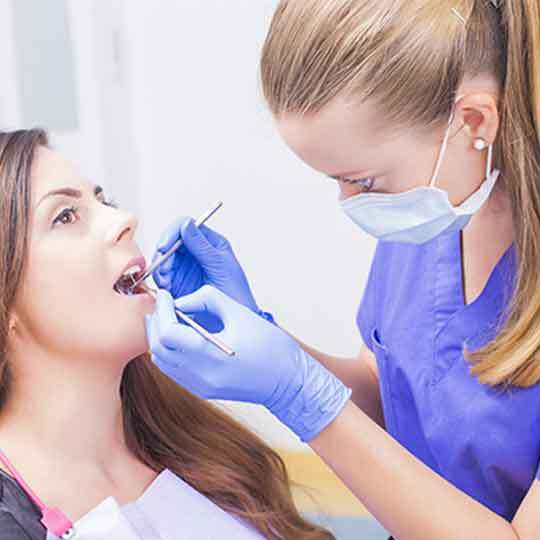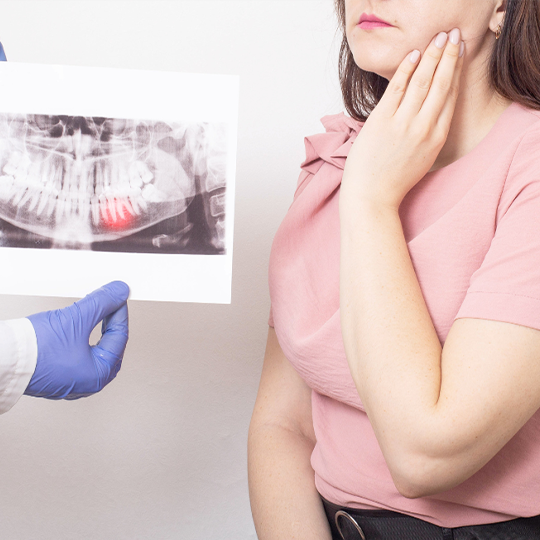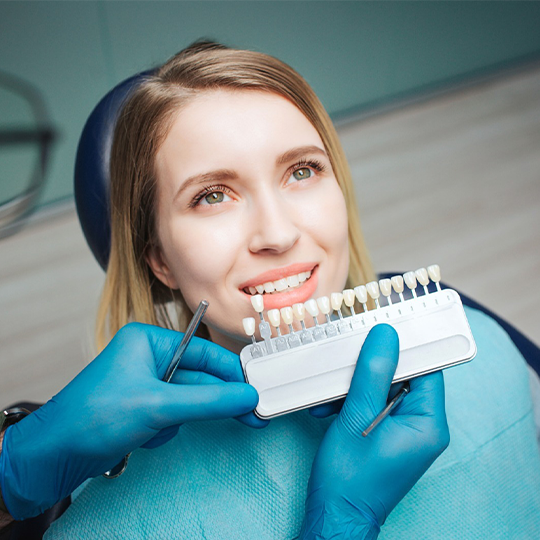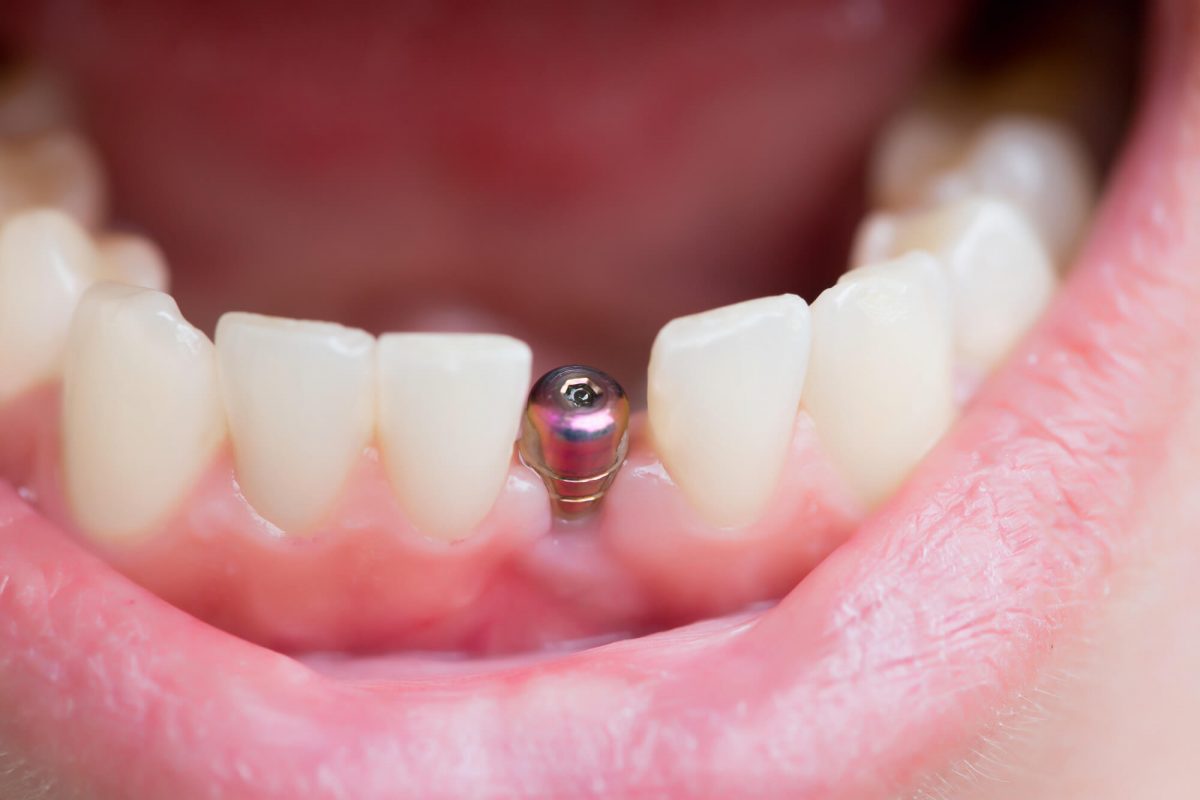Dental emergencies can come at any time, in any place, and to anyone. No matter what type of oral problem you may have, whether it’s a toothache, a chipped tooth, a knocked-out tooth, or a bleeding gum, you need to act fast and seek professional care immediately. Not addressing a dental issue can give rise to the dangers of irreversible damage and infection, and the cost of further treatment would be more expensive in the future.
Now the question is what to do in case of a dental emergency. The following points discuss the most frequent dental issues and what to do until you visit a doctor.
- Toothache: Causes of toothache can vary significantly from one another, such as decay, infection, injury, and gum disease. The first step you should take is rinsing your mouth with warm water, and gently floss out any piece of food that may have gotten stuck in between your teeth. In case your cheek or jaw is swollen, take a cold compress and place it outside your mouth. Call your dentist and arrange a visit to the clinic as soon as possible.
- Chipped or broken tooth: If the tooth gets chipped or broken, gather the pieces and rinse them in water. Moreover, rinse your mouth with warm water and put a piece of gauze on the injured area if you are bleeding. Use an ice pack to reduce inflammation and pain by applying it to the skin on the outside of your mouth or cheek. Go to your dentist as soon as possible, as he might be able to save the tooth with a filling a crown, or a veneer, depending on the extent of the damage.
- Knocked-out tooth: You must act immediately and try to preserve the tooth if you get it knocked out because of trauma. Use the crown (mostly the part visible in the mouth) to hold the tooth and rinse it in a little water if it is dirty. Do not touch the root or remove the tissues that are attached. If you can, first reinsert the tooth into its socket and then bite down on a piece of gauze or wet tea bag to hold it in place. If you cannot replace the tooth into position, put it in a small container of milk, saliva, or a tooth preservation product like Save-a-Tooth. Avoid applying water, as roots may be damaged. See your dentist within an hour because if the tooth is reimplanted as soon as possible, the probability of keeping the tooth alive is usually higher.
- Partially dislodged tooth: If your tooth is partially pushed out of its socket, don´t try to force it back into position or pull it out. Try applying a cold compress to the outside area of your mouth or cheek to help alleviate pain and swelling. Make an appointment to see your dentist right away, for they can put the tooth back in position and stabilize it.
- Objects stuck between teeth: If you could have a piece of food, a popcorn kernel, or even a toothpick stuck in your teeth, try to carefully remove it with dental floss. Do not use any acute or sharp tools like a needle or a sharp knife, because they can damage your gums and your teeth. If the object is stuck and flossing does not work, go to your dentist to see him immediately.
- Bitten tongue or lip: If you hurt your tongue or lip by accident, wash the area and apply a cold compress to prevent swelling and bleeding. In case the wound is deep or can’t stop bleeding for 15 minutes, go to your dentist or the emergency room.
- Daily brushing and flossing properly and visiting the dentist at least twice a year for exams and cleanings will prevent dental diseases and keep your teeth healthy.
- Refrain from biting hard foods, e.g. ice, candy, or cashews that may cause your teeth to crack.
- Unlike other body parts, the teeth cannot repair themselves. Thus, it’s advisable to wear a mouthpiece when playing sports in close contact.
- Utilise scissors instead of your teeth to cut something or tear it open.
- If we have old or worn-out fillings, crowns, or dentures conveniently fall out or break.
-
How to prevent dental emergencies: Even though all dental emergencies cannot be prevented, you can reduce the risk of damage and infection through some of these measures. Some of these steps include:
If you’re looking for a trusted and experienced dentist in Guildford, Guildford Dental Centre stands out as the ideal choice. As a modern, privately owned dental clinic, we provide a full range of dental services, including general, cosmetic, and family dentistry. Equipped with the latest technology and tools, we’re committed to offering our patients high-quality, comfortable, and personalised care. Whether you’re coming in for a routine checkup, a smile makeover, or urgent dental care, we’re here to support your journey to optimal oral health and wellness.
At Guildford Dental Centre, whether you are a new patient or our regular client, you can feel at ease knowing that we try our best to offer same-day visits to attend to matters of unfortunate dental emergencies. We are also available for extended times on Mondays and Thursdays for those who cannot see us during normal work hours.
Our team is committed to the idea of pain-free dentistry and offers support for dental trauma or pain that cannot wait for treatment on another day.
We will try our best to ensure your dental emergencies are attended to at the earliest and you can leave us feeling comfortable and pain-free. Call our friendly team now on 08 6104 0370 and book an appointment.

